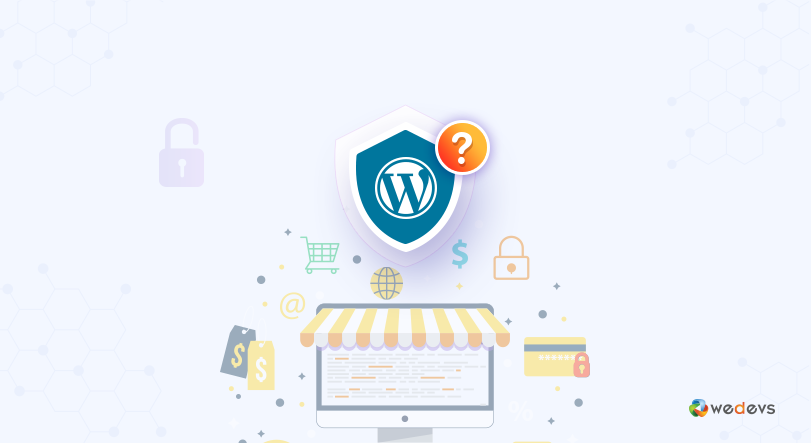Navigating U.S. regulatory compliance for WordPress e-commerce sites involves adhering to multiple legal frameworks including data privacy laws, payment security standards, accessibility requirements, and consumer protection regulations.
Key compliance areas for U.S.-based WordPress e-commerce sites include:
-
Data Privacy (GDPR & CCPA): Even though GDPR is an EU regulation, it affects U.S. sites serving EU citizens. The California Consumer Privacy Act (CCPA) applies to businesses handling California residents' data. Compliance requires cookie consent management, transparent privacy policies, data protection measures, breach notifications within 72 hours, and allowing users to control their data preferences.
-
Payment Security (PCI DSS): If processing payments, sites must comply with the Payment Card Industry Data Security Standard (PCI DSS). Using reputable payment gateways like Stripe or PayPal integrated with WooCommerce helps meet these standards by offloading sensitive payment data handling to compliant processors.
-
Accessibility (ADA Compliance): The Americans with Disabilities Act (ADA) requires e-commerce sites to be accessible to users with disabilities. This involves implementing accessible design and functionality, such as keyboard navigation and screen reader compatibility.
-
Consumer Protection and Business Structure: U.S. e-commerce businesses should establish a proper legal entity (e.g., LLC) to protect personal assets and comply with tax regulations, including obtaining an Employer Identification Number (EIN). They must also adhere to consumer protection laws regarding returns, cancellations, and disclosures.
-
Cookie and Privacy Notices: WordPress sites should implement cookie banners that inform users about cookie usage and obtain explicit consent before activating non-essential cookies. Privacy policies must be clear, accessible, and regularly updated.
-
Security Measures: Protecting customer data through secure hosting, HTTPS, regular updates, and security plugins is essential to prevent breaches and comply with legal obligations.
To implement these compliances on WordPress:
-
Use plugins designed for privacy compliance (e.g., cookie consent, GDPR/CCPA compliance plugins).
-
Choose WooCommerce for e-commerce functionality, paired with secure payment gateways.
-
Configure WordPress settings to enable HTTPS and privacy options.
-
Regularly update privacy policies and terms of service to reflect current laws.
-
Consider consulting legal experts to tailor compliance to your specific business model and jurisdiction.
In summary, U.S. WordPress e-commerce sites must integrate data privacy compliance, secure payment processing, accessibility, and consumer protection measures into their site setup and operations to meet regulatory requirements and avoid penalties. Using specialized plugins, reputable payment gateways, and maintaining transparent policies are practical steps to achieve this compliance.





